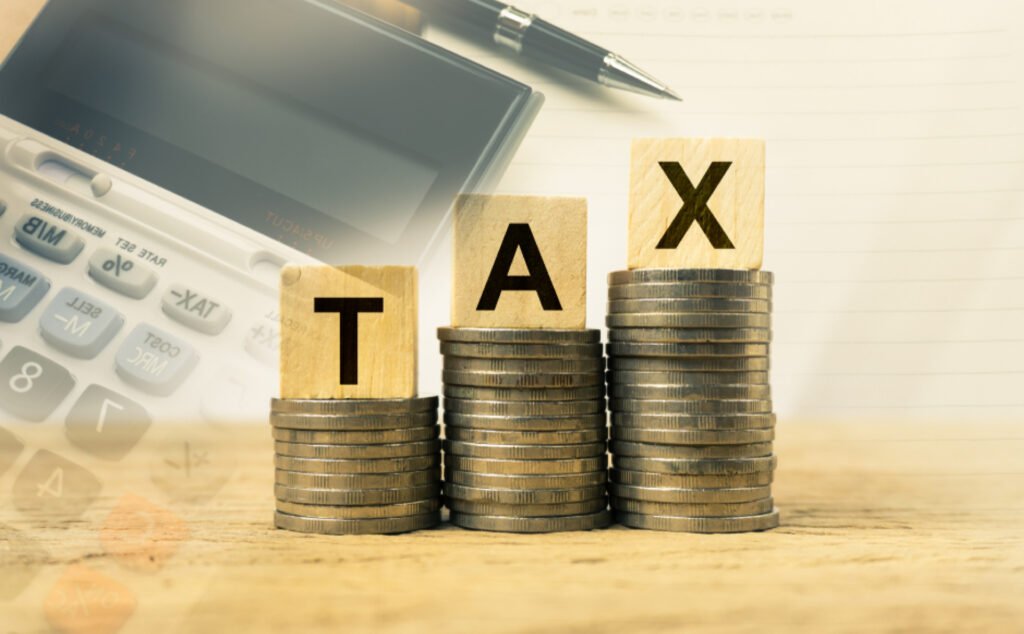Pakistan’s New Banking Tax
Pakistan has implemented a new banking tax in an effort to increase revenue and fortify the nation’s financial industry. The purpose of this new tax is to increase government revenue and encourage stability in the banking sector. The government intends to handle budgetary issues and guarantee the long-term viability of Pakistan’s banking industry by enacting this levy.
Pakistan’s recent adoption of a new banking tax is a big step in the right direction toward improving the economic climate there. The purpose of this tax is to lessen the government’s reliance on conventional taxation techniques and diversify its sources of income.
Pakistan intends to establish a more stable and resilient financial system that can endure changes in the economy and enhance the country’s overall financial system by enacting this levy on the banking industry.
Pakistan’s New Banking Tax for 2024
Pakistan is planning to enact a new banking tax in 2024 in an effort to raise more money for the government. This tax will affect both individuals and corporations and be applicable to all banking activities. The government thinks that this tax will support the nation’s economic growth and aid in closing the fiscal deficit.
The impending 2024 implementation of Pakistan’s new banking tax is a major step in the direction of fortifying the nation’s financial sector. This tax will be applied to a number of banking transactions, such as transfers, withdrawals, and deposits. The government wants to support significant public projects, upgrade infrastructure, and enhance services for the people with the money raised by this tax.
Pakistan’s New Banking Tax on $100,000
A new banking tax was just imposed in Pakistan, and it is aimed mostly at people who have a bank balance of $100,000 or more. The objective of this tax is to enhance the government’s revenue and foster national financial stability.
It is crucial to remember that this tax only applies to people who fulfill the required requirements; people with smaller bank accounts are not impacted.
The purpose of Pakistan’s new banking tax is to make sure that people who have a bank balance of at least $100,000 make a fair contribution to the growth of their nation. The government is implementing this tax as part of its initiatives to boost the economy and enhance the financial system as a whole. By concentrating on
The government of Pakistan launched a new banking tax on bank accounts of at least 100,000, which is a calculated attempt to increase revenue collection and encourage financial inclusion.
This tax is intended to target those with comparatively more financial capacity and the means to make greater contributions to the advancement of the nation. The government wants to make sure that everyone contributes to the growth and economic stability of the country,
regardless of income level, which is why it is enacting this tax. It is crucial to realize that people with larger bank balances are the only ones affected by this tax; those with smaller balances are not affected.
Tax on Bank Cash Withdrawals in Pakistan in 2024
Pakistan is planning to impose a fee on bank cash withdrawals in 2024. This implies that a specific percentage of the amount that people withdraw from their bank accounts as cash will need to be paid in taxes. All bank accounts, including current and savings accounts, will be subject to the tax.
It is significant to remember that only bank cash withdrawals will be subject to this levy. This tax will not apply to other types of transactions, such as internet transfers or payments made with credit or debit cards. Furthermore, the tax rate on cash withdrawals can change based on the amount taken out and the taxpayer’s tax bracket.
The purpose of this tax’s implementation is to raise government revenue while lowering the nation’s cash transaction volume. It is also a step toward encouraging people to embrace digital payment systems and advancing a cashless economy.
Even though some people may find this fee annoying, it’s crucial to comprehend its intent and abide by the rules established by the government.
